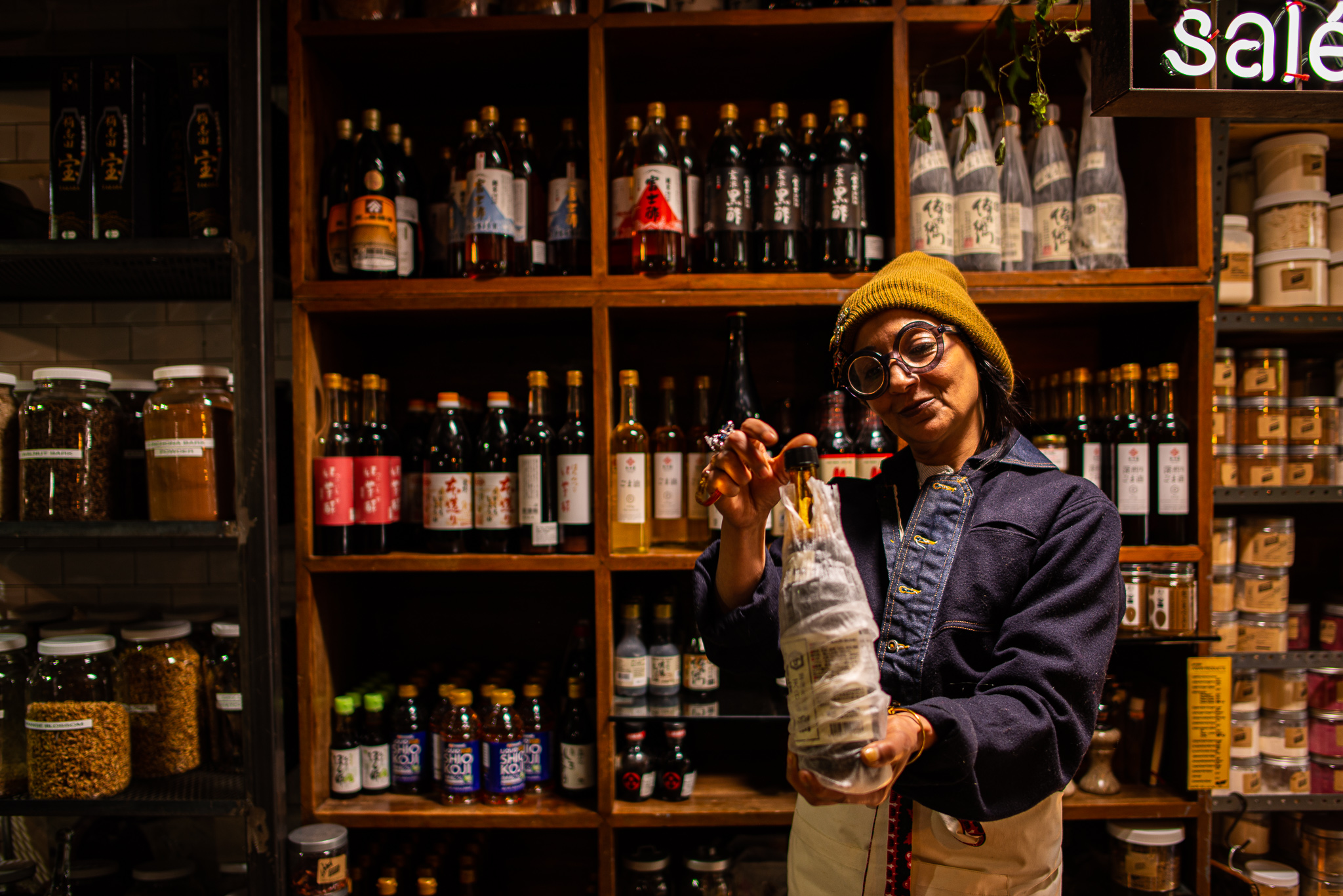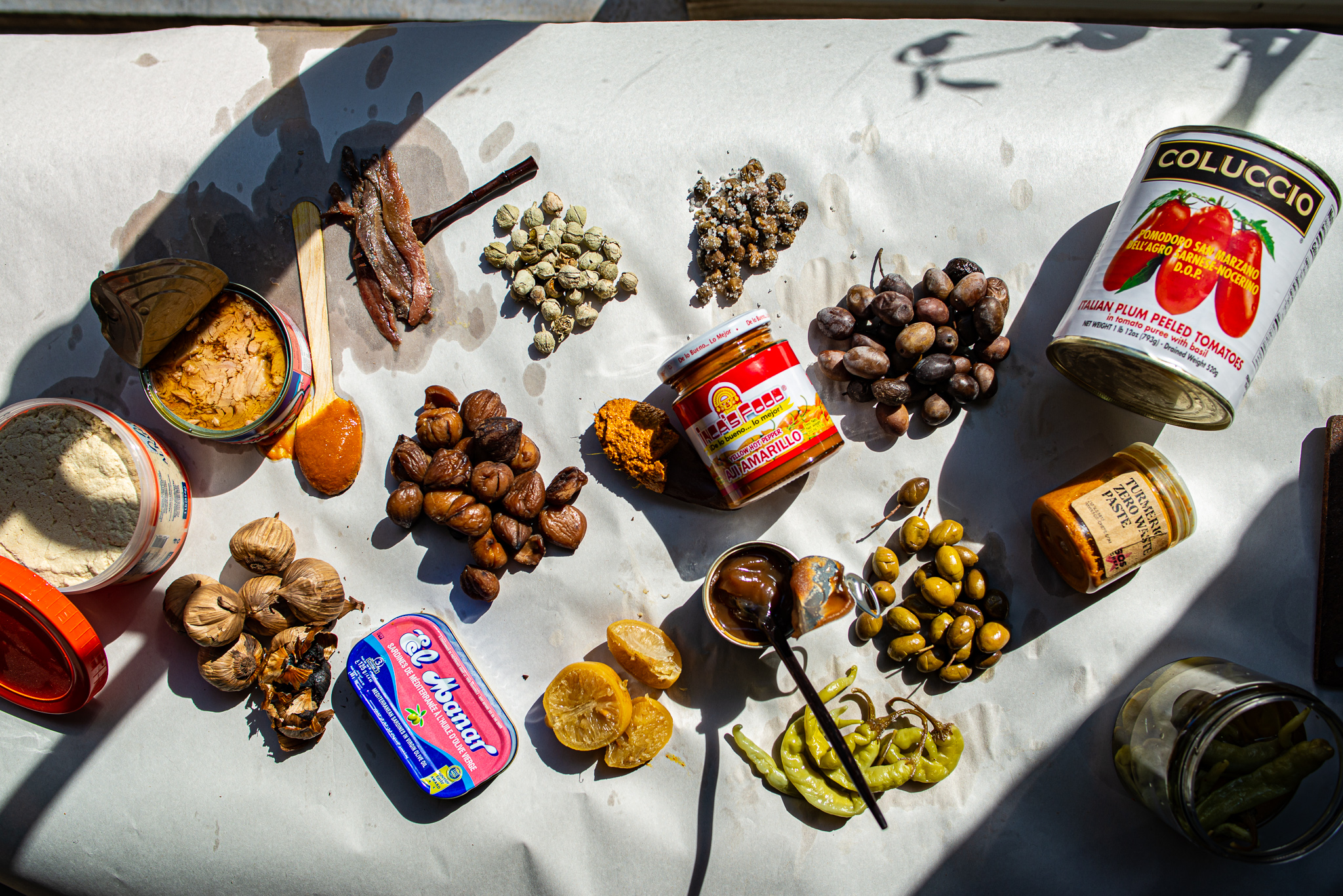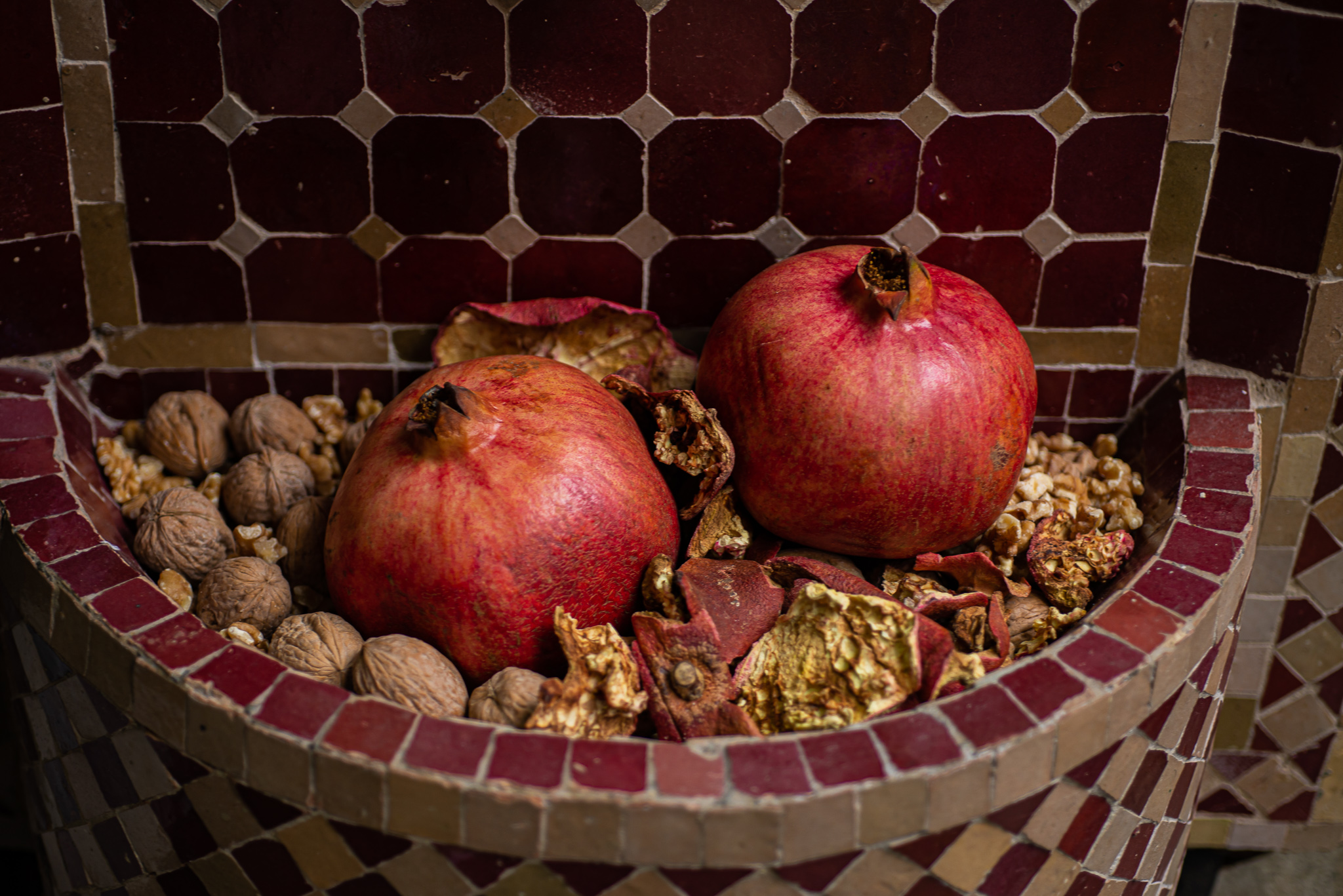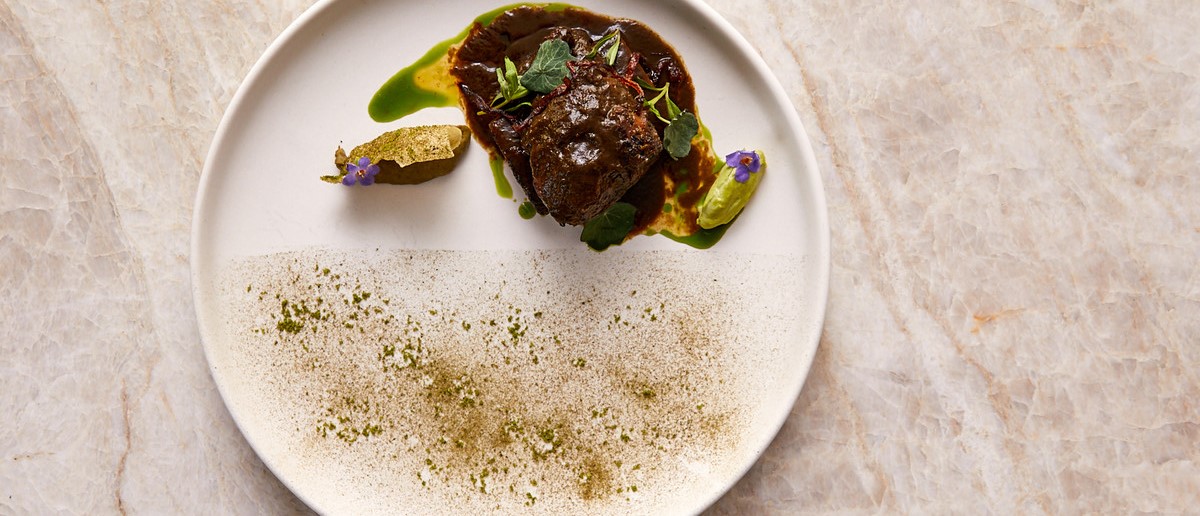Culture and authenticity can amalgamate to many things. In the context of food, our culture is our shared traditions. The choices of herbs, spices, meats and other ingredients, whom in their razor-sharp specificity we contrive authenticity from. But what were often forgetful to is how those dishes actually became “authentic” to us. Someone shared a bowl of food they made, and others adorned it to the same petrified details such as the use of only a teaspoon of a particular curry power, and toasted ghee that is hazel in color, not tan. Or its possible a community came together to cook a meal for many and agreed to the acuity of a particular aroma, the allure of a certain flavor. Those people were pressed to defend their cultural identities, and how they played their music, wore their cloths, and ate and cooked their food, were all a part of how they expressed who they were. Those dishes are reminiscent of possibly the most important condition of culture which is time. The first Persian stews were the bounty of a particular harvest, or of an abundance of trade perhaps. Those many neighbors and patrons fed by the inspirations of farming, trade, celebration, war, decimation – they all chose to recreate these moments through particular food for their daily, weekly, monthly, and yearly rituals respectively. We inspired holidays from food. We fed monarchs and institutionalized recipes within our history. We painted so much of our global culture with edible trinkets that all render down to our experiences and time with one another.
Photo By Aryan Seyedin
And fast track us to today, and even still within the centuries of comradery, exchange, and dialogue we’ve so expansively shared, we’re still splitting hairs on authenticity and waving appropriation around like an eraser. I’m not saying that appropriation is right, it’s not, it’s actually very fucked. I think preserving our culture is a huge part of identifying how we carry it forward. But not everything is appropriation just because you don’t like it, or because you feel ownership over something as wholly whorish as cuisine, that’s been touched, played with and savored in unimaginable abundance and gluttony. Though the right kind of exchange is critical. There could be no more important tool right now than dialogue, one where those who seek to learn and contribute are both receiving and delivering of respect from those who seek to teach and share. Persians in particular should be throwing basmati rice out their windows, gifting saffron and spices to strangers (I’m exaggerating because it’s Persian of me), but at the very least should be the most inclusive and collaborative towards others. In the time of the Silk Road, merchants wished to travel to India from Africa, and they stopped in Isfahan and spent their lifetime in splendor. They contributed their tools and ingredients to our dinner tables. As Persians we were the hosts of the East. We were the cornerstone of comradery and kinship. Our respective Iranian cuisine was inspired by hundreds of countries, and if not thousands of cuisines over history. Culture and cuisine are not taxes, they are not border locked. Vancouver has Iranian cuisine. New York looks and feels Italian just as much as it does Jewish, and frankly I’m convinced of the authenticity in both.
Photo By Aryan Seyedin
I do not own Persian food for this matter. This part is very important to who I am. I am only trying to express my Persian experience as it was both in my home, and to whatever lengths my education, travel and enlightenment can give me the ability and integrity to speak to and reference. I do so as cautiously possible as to not misrepresent the various peoples and cultures whom I seek to promote and celebrate through much (but not all) of my work. My food is my experience, an alchemist brew of so much life and culture that’s been lived through; the immigrants privilege, that it would be in effect impossible for my hand in cooking to not be influenced by more than just my own culture. I listen to Billie Holiday and various other jazz when I cook Iranian food, I use Japanese knives across my kitchen, Italian plates to present my food, I do not know what to tell you, it feels instinctively right to me, that is my version of food culture at home. I also understanding that even as I’ve put it, I know that there are hundreds of questions and conditions to clarify to feel better or to reconcile any bit of what I’ve shared, but I’ll say simply this, at least to me, the questions don’t really matter. If people misrepresent you, approach them with compassion, lend your experience and reconcile with theirs. There are bad people out there, sure, but even Frankenstein wasn’t a monster, not everything you take offense to was meant through bad intentions – approach things like you have nothing to do but learn. And sometimes some answers and justifications wont sway you, it doesn’t make one any more right or any more wrong. Take to your own opportunities to make your culture better known in the places you can. Take your energy and invest it into conversations rather than comments. Better yet, go make your experience into art. Go share the sacredness of your identity in splendor wherever and however possible. It take more than one hand to, between farmers, merchants, butchers and cooks to make a bowl of food, certainly telling the story of an entire culture takes more than a single storyteller.
Photo By Aryan Seyedin
Authenticity is whatever you chose to repeat. The dinner table in my home; those dishes, those recipes, they are authentic to me and the culture which my family feels proud and worthy of. When I cook, I cook to share those things, in the hopes that you are inspired to cook them too. To take them to your own tables. To make your own moments. And in some way, the more my culture exists, to whatever end, in whatever capacity, I am forever safer in the neighborhood that is in love with my dinner table and the various version of it, that the one that called my dinner “cat food” as I recall it when I was growing up. Among other names like “shit log” and “turd torpidos”, when I’d be greatful if anyone, from any culture, would share a kebob with those stupid fucking kids so they know the difference. And so I encourage everyone to spend less time on Instagram, and more time at dinner tables with your loved ones and friends, more importantly with strangers (6 feet apart of course) and in the hopes that you’ll be helping us write the next chapter in our heritage and culture and what charters of authenticity we’ll religiously devour in the future to commemorate the moments and history we’re making now with our food. You need two hands to both cook and eat, so retire your phones and take to the cooks and kitchens. Your gifts are only as sacred as how well you share them, go on, and do so recklessly. And when you do, please remember to use salt.
Photo By Nico Schinco






